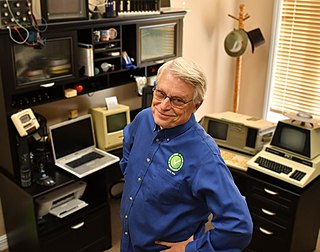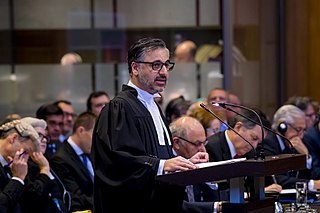A Quote by James G. Frazer
For when a nation becomes civilized, if it does not drop human sacrifices altogether, it at least selects as victims only such wretches as would be put to death at any rate. Thus the killing of a god may sometimes come to be confounded with the execution of a criminal.
Related Quotes
The capacity for imaginative reflex, for moral risk in any human being is not limitless; on the contrary, it can be rapidly absorbed by fictions, and thus the cry in the poem may come to sound louder, more urgent, more real than the cry in the street outside. The death in the novel may move us more potently than the death in the next room. Thus there may be a covert, betraying link between the cultivation of aesthetic response and the potential of personal inhumanity.
To large numbers of American citizens life in certain parts of the country becomes intolerably hazardous. They may be seized on any pretext, however flimsy, and put to death with horrible tortures. No government pretending to be civilized can go on condoning such atrocities. Either it must make every possible effort to put them down or it must suffer the scorn and contempt of Christendom.
The human species does not necessarily move in stages from progress to progress ... history and civilization do not advance in tandem. From the stagnation of Medieval Europe to the decline and chaos in recent times on the mainland of Asia and to the catastrophes of two world wars in the twentieth century, the methods of killing people became increasingly sophisticated. Scientific and technological progress certainly does not imply that humankind as a result becomes more civilized.
There is a growing recognition that the death penalty simply can't work. It's a complex system that arbitrarily selects defendants for death and creates more stress and appeals, even as it is plagued by serious error. Each new exoneration reminds us of the unacceptable possibility of wrongful execution.
The idea that murder victims' families are best served by continuing the cycle of violence is something that I consider to be not only a lie, but criminally negligent. You lie to victims' families when you tell them they're going to receive closure if they participate in the process and witness the execution of a human being.
Criminal trials are fundamentally about individual accountability whereas truth commissions are less about the guilt of the perpetrator and more about the suffering of the victim. A criminal trial is only incidentally a therapeutic or cathartic process for victims. But truth commissions, as we saw in South Africa, have the advantage of giving tens of thousands of people the opportunity to tell their stories, and not only does that contribute to healing but it also contributes to reconciliation, especially when perpetrators also come and express contrition.
The only answer to this, and it isn't an entire answer, said Father Travis, is that God made human beings free agents. We are able to choose good over evil, but the opposite too. And in order to protect our human freedom, God doesn't often, very often at least, intervene. God can't do that without taking away our moral freedom. Do you see? No. But yeah. The only thing that God can do, and does all of the time, is to draw good from any evil situation.
...fairness," he said, "does not govern life and death. if it did, no good person would ever die." "Strangers," the Blue Man said, "are just family you have yet to come to know." "sacrifice is a part of life. it is supposed to be. it's not something to regret. it's something to aspire to. little sacrifices. big sacrifices. a mother works so her son can go to school. a daughter moves home to take care of her sick father. Sometimes when you sacrifice something precious, you're not really losing it. you're just passing it on to someone else.
It is evil to justify killing (unborn babies) by the happy outcome of eternity for the one killed. This same justification could be used to justify killing one-year olds, or any heaven-bound believer for that matter. The Bible asks the question: "Shall we sin that grace may abound?" (Romans 6:1) And: "Shall we do evil that good may come?" (Romans 3:8). In both cases the answer is a resounding NO. It is presumption to step into God's place and try to make the assignments to heaven or to hell. Our duty is to obey God, not to play God.





































